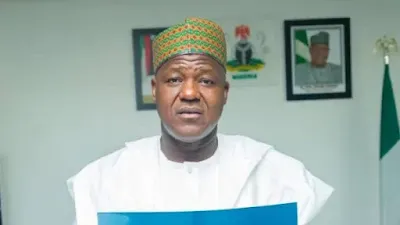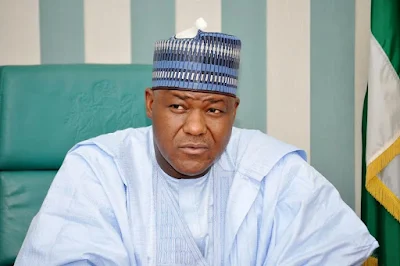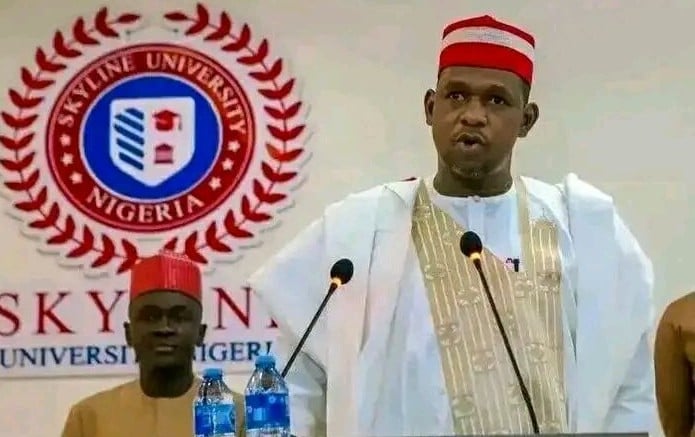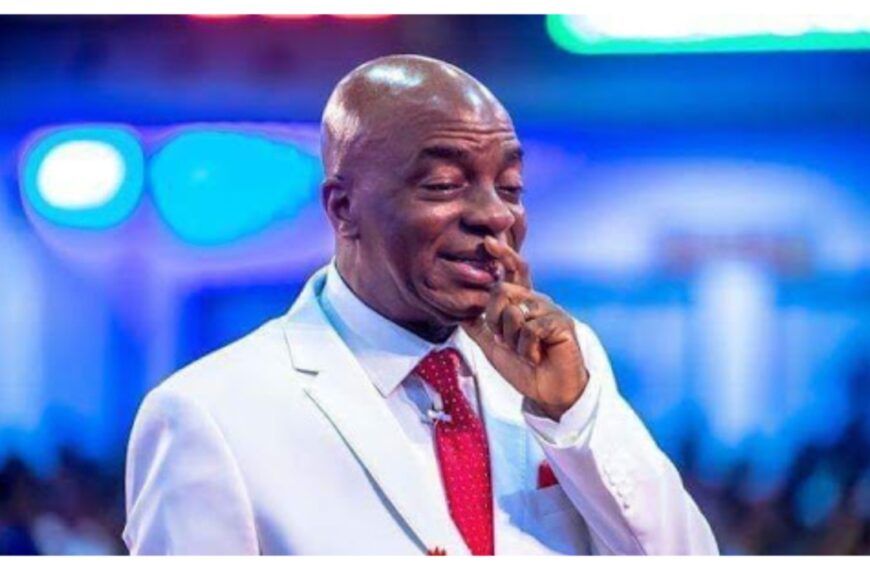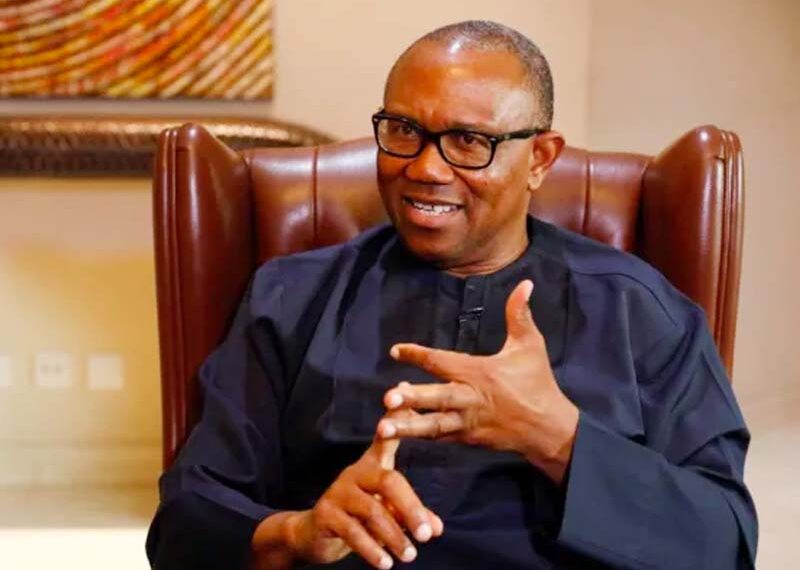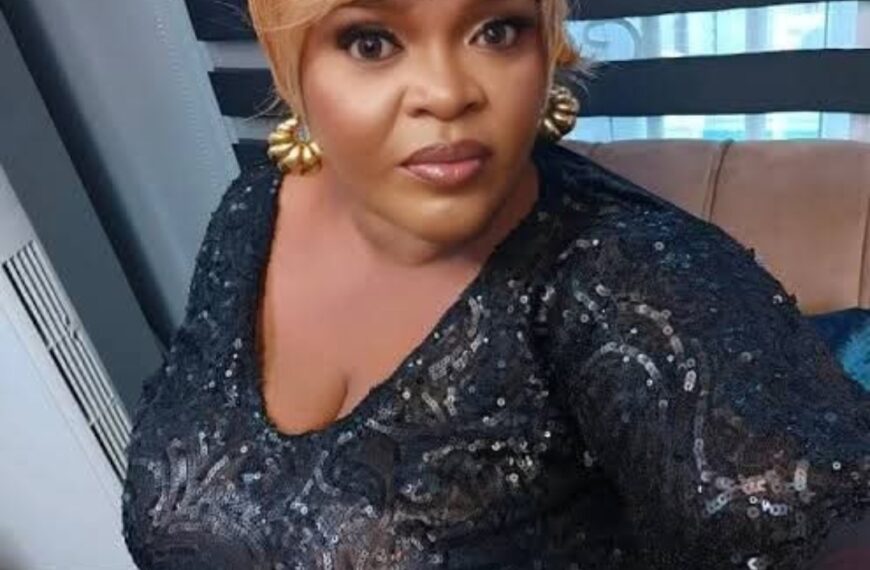Africa’s art and culture are as diverse as its landscapes, reflecting a rich history, vibrant traditions, and modern influences. From intricate sculptures and textiles to dynamic music and dance, African culture is deeply rooted in community, spirituality, and storytelling. The continent’s cultural expressions continue to inspire and influence the world while evolving to reflect contemporary realities.
Traditional Art and Crafts
Traditional African art is closely tied to spirituality and community. Masks, sculptures, and beadwork often hold symbolic meanings and are used in ceremonies, rituals, and storytelling. For example, Yoruba woodcarvings and bronze sculptures from Nigeria’s Benin Kingdom showcase masterful craftsmanship and historical significance. Across the continent, textiles like kente cloth from Ghana and mud cloth from Mali highlight the artistic traditions passed down through generations.
Music and Dance
Music and dance are integral to African culture, serving as forms of communication, celebration, and expression. Drums, such as the djembe, are central to many African musical traditions, creating rhythms that connect communities. Afrobeat, pioneered by Nigerian legend Fela Kuti, blends traditional African rhythms with jazz and funk, influencing global music. Contemporary genres like Afrobeats and Amapiano continue to showcase Africa’s innovative spirit.
Literature and Storytelling
Oral tradition has been the cornerstone of African storytelling, with griots (traditional storytellers) preserving history and teaching moral lessons. Modern African literature has produced globally celebrated authors like Chinua Achebe, Chimamanda Ngozi Adichie (both Nigerian), and Ngũgĩ wa Thiong’o, who explore themes of identity, colonialism, and cultural heritage.
Cultural Festivals
Festivals play a significant role in celebrating African heritage. In Nigeria, the Eyo Festival in Lagos is a vibrant display of Yoruba culture, featuring costumed participants and masquerades. The Osun-Osogbo Festival celebrates the Yoruba deity of fertility and is recognized as a UNESCO cultural heritage event. Across the continent, festivals like Morocco’s Mawazine and Mali’s Festival in the Desert celebrate music, art, and community.
Modern African Art
Contemporary African art reflects the dynamic interplay between tradition and modernity. Artists like Nigeria’s Njideka Akunyili Crosby blend traditional themes with contemporary issues, gaining international acclaim. African cities such as Lagos, Dakar, and Johannesburg are becoming cultural hubs, hosting art fairs and exhibitions that showcase the continent’s creative talent.
The Influence of Nigerian Culture
Nigeria, often referred to as the “Giant of Africa,” is a cultural powerhouse. Its Nollywood film industry is the second largest in the world, producing stories that resonate across Africa and beyond. Nigerian cuisine, with dishes like jollof rice, egusi soup, and suya, showcases the country’s culinary diversity. Additionally, Nigerian fashion designers and musicians are shaping global trends, bringing African culture to the forefront.
Conclusion
African art and culture are a celebration of the continent’s rich heritage and creative future. By blending traditional practices with contemporary influences, Africa continues to tell its story in ways that captivate and inspire. Nigeria, as a cultural leader, exemplifies this vibrant fusion, embodying the spirit of Africa’s artistic and cultural renaissance.










